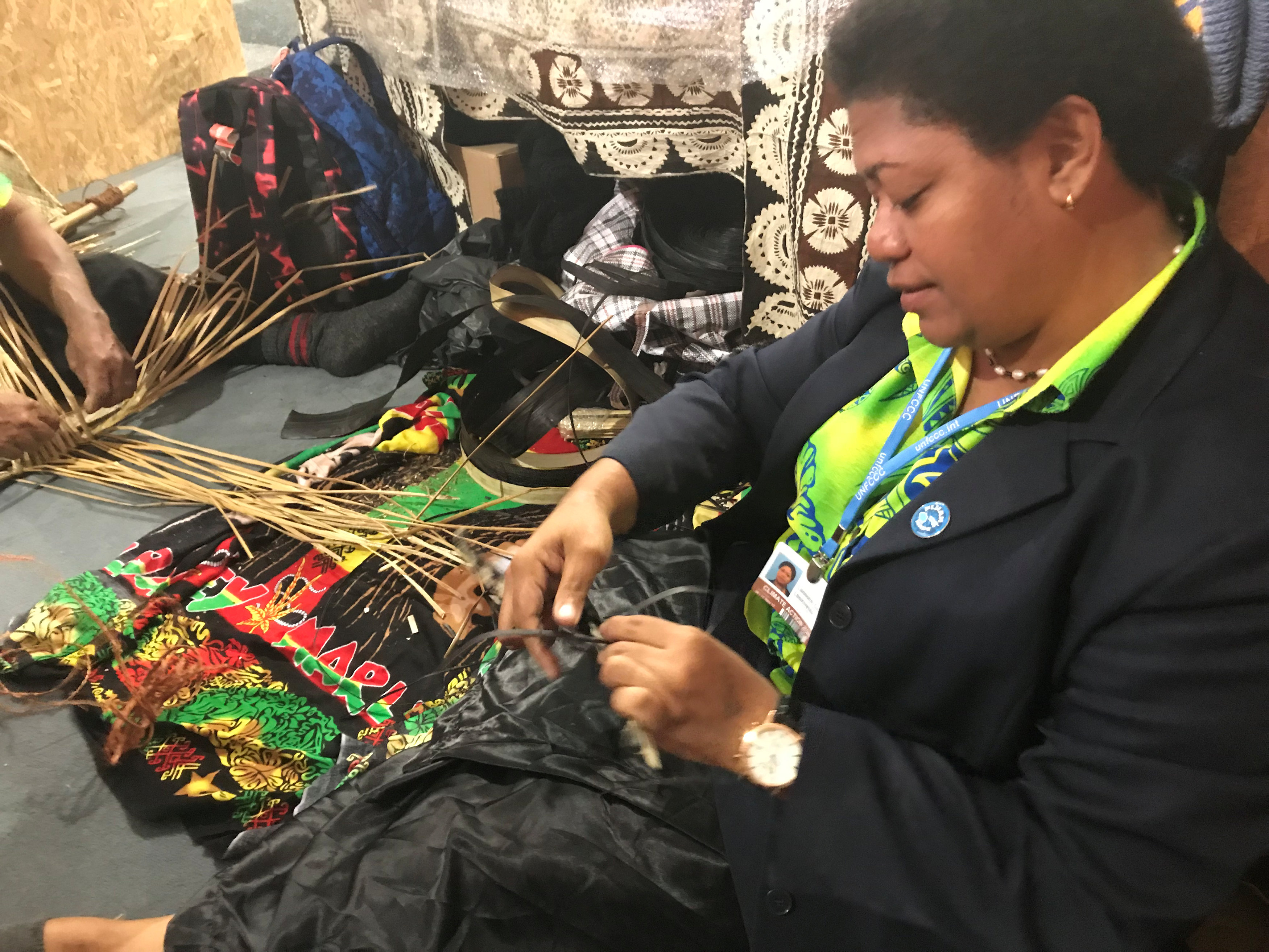The Asian Development Bank endorsed a new 5-year strategy aimed at building resilience against economic shocks, delivering sustainable services, and promoting inclusive and sustainable growth in the 12 smallest Pacific island countries (PIC-12) as they rebound from the immediate shock of the (COVID-19) pandemic.
The Pacific Approach, 2021–2025 serves as the country partnership strategy for the Cook Islands, the Federated States of Micronesia, Kiribati, the Marshall Islands, Nauru, Niue, Palau, Samoa, Solomon Islands, Tonga, Tuvalu, and Vanuatu. The larger economies of Fiji and Papua New Guinea have their own country partnership strategies which guide ADB operations.
“ADB’s work in the Pacific has evolved due to the massive changes brought on by the COVID-19 pandemic and this new Pacific Approach reflects those ongoing strategies while adopting a new and tailored approach to every element of our work in these countries,” said ADB Director General for the Pacific Leah Gutierrez.
“This new and tailored approach to our work is also motivated by the growing frequency and intensity of climate change and natural hazards in the region.”
Under the strategy’s first objective of building resilience to shocks, ADB will assist the PIC-12 in strengthening public financial management and health systems, as well as supporting disaster risk reduction, and economic recovery. Under the second objective of delivering sustainable services, ADB will continue to finance core energy, transport, and urban infrastructure, while supporting utilities to manage assets more sustainably. The third objective of supporting inclusive growth will see ADB scale up its private sector operations in the region, help the PIC-12 to strengthen their business environments, increase access to finance for micro, small, and medium-sized enterprises, and help develop social protection systems for the most vulnerable.
ADB’s portfolio for the PIC-12 will grow from $568 million in 2015 to a projected $1.34 billion in 2021 to meet growing financing needs. The increase in financing requires innovation in the ways ADB implements its portfolio. Accordingly, the strategy focuses on improving efficiency and sustainability amid portfolio growth and in the unique operating environments of the small island developing states.
The strategy introduces new operational priorities to address these goals, including a new climate strategy for the region, a growing focus on gender equality, increased flexibilities in procurement and contracting, and a heightened focus on long-term capacity development for the public and private sectors across the region.
The strategy will expand ADB’s support for climate change and disaster risk management by adopting a strategic, multidisciplinary, and whole-of-country approach to investments and sector planning. The Pacific Approach will strengthen gender equality in all 12 of the small island states by integrating gender considerations into project designs and by encouraging policy dialogue on gender inclusiveness.
ADB will implement a new private sector strategy for the region, focusing on renewable energy, financial institutions, tourism, and fisheries. The Private Sector Development Initiative, cofinanced by ADB and the governments of Australia and New Zealand, will help reduce the costs of doing business by modernizing business laws, boosting access to credit, reforming state-owned enterprises, and supporting women to engage meaningfully in the economy.
Crucially, the strategy adopts a longer-term approach to enhancing capacity. Capacity development will be included in all ADB assistance in the PIC-12. ADB will also introduce capacity supplementation—the practice of posting long-term experts in core sectors—to ensure knowledge remains beyond a project’s lifecycle.
Enhancing partnerships will remain a priority. ADB will continue coordinating with the governments of Australia, Japan, and New Zealand, as well as the World Bank and other development partners.
The Pacific Approach, 2021–2025 was prepared in close consultation with Pacific governments, development partners, civil society, and the private sector. It reflects the goals of Strategy 2030, ADB’s broad vision and strategic response to the changing needs of Asia and the Pacific, and ADB’s special focus on supporting small island developing states and fragile and conflict-affected situation nations.
ADB is committed to achieving a prosperous, inclusive, resilient, and sustainable Asia and the Pacific, while sustaining its efforts to eradicate extreme poverty. Established in 1966, it is owned by 68 members—49 from the region.


